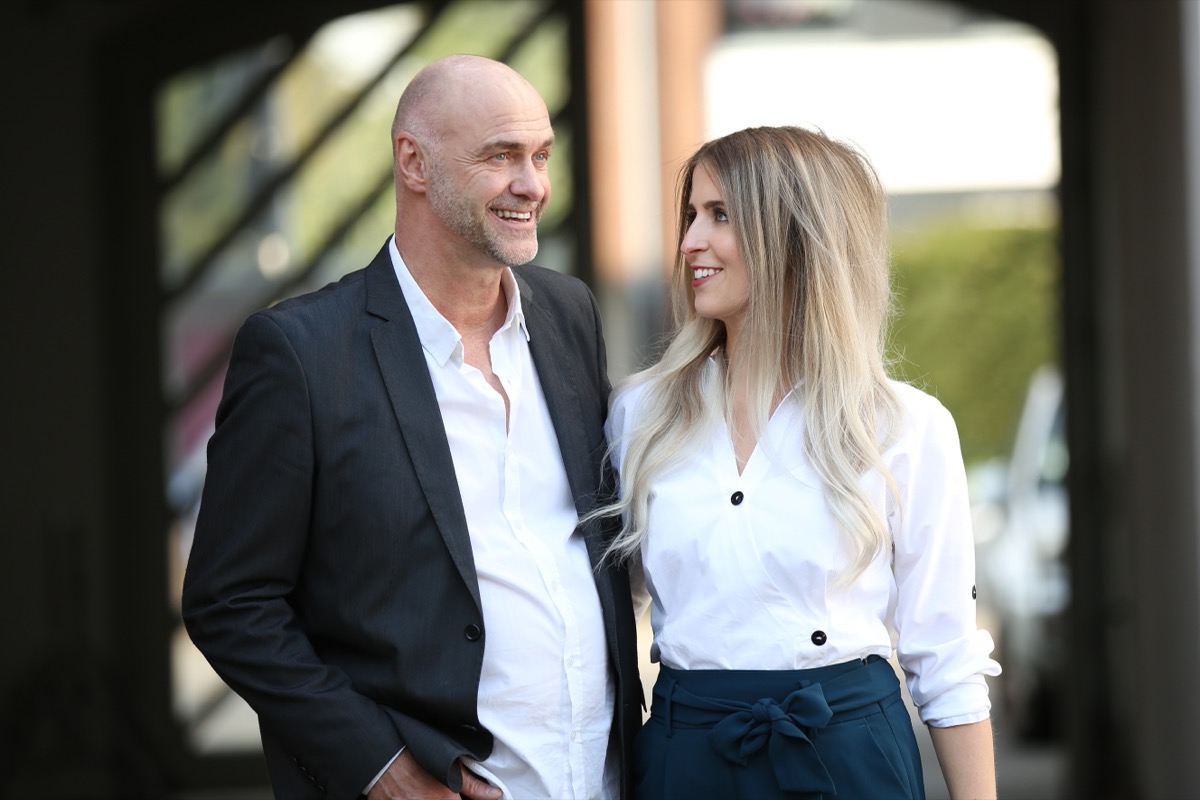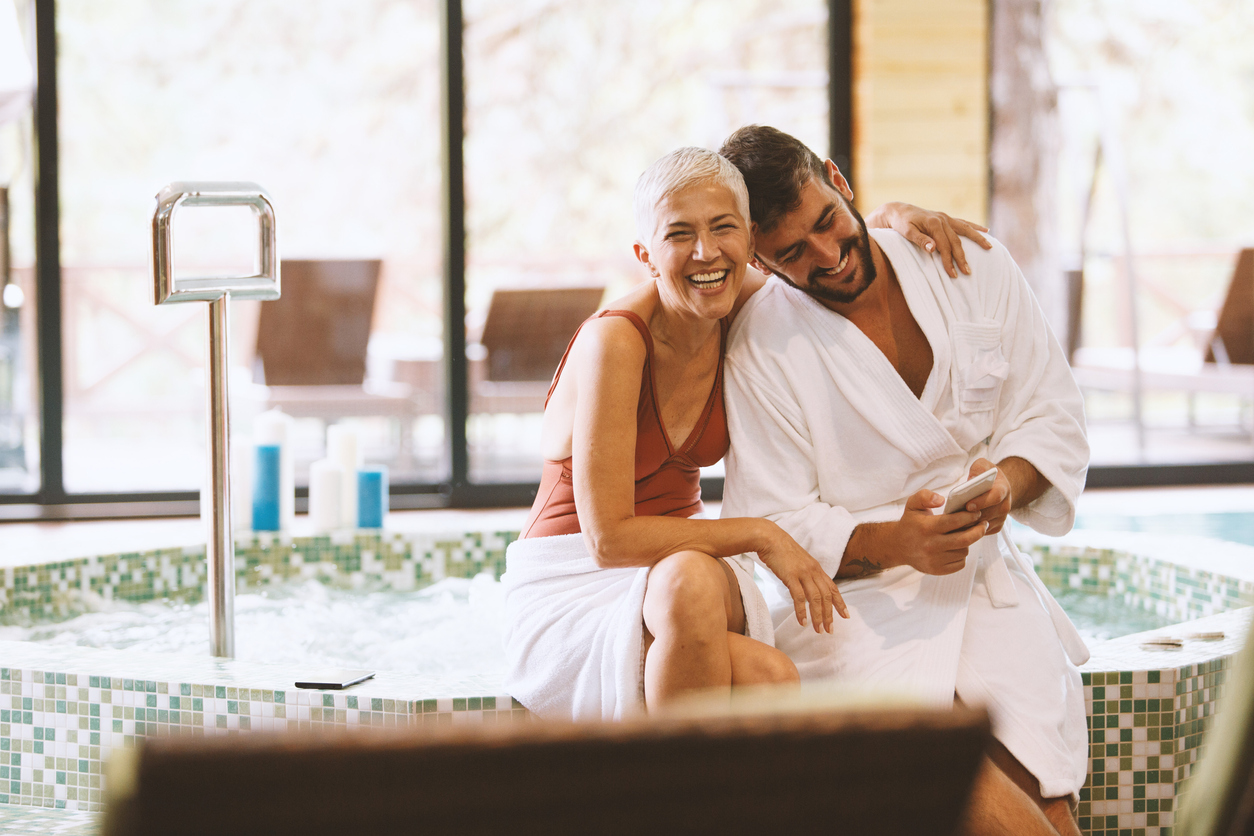The findings come from research recently published in the Journal of Family Research, which analyzed 197,519 invitations sent between users on the Czech online dating app Pinkilin in July 2017. The anonymized data only considered heterosexual couples due to a lack of data on same-sex couples. In the final sample set was 10,528, 68 percent of whom were male and 32 percent of whom were female. On average, respondents reported they were seeking a partner who was within two years of their own age. Results showed that while members of both sexes between the ages of 18 and 23 typically accepted invitations from users close to their own age, the preference declined with age for males. While between 50 and 70 percent of invitations from 18- to 23-year-old men targeted women their age, that number dropped drastically to 25 percent once men reached the age of 30. On the other hand, older women were far more likely than men to contact partners their own age as they got older. And for more age difference research that could affect you, find out why If Your Husband Is This Much Older Than You, Your Health May Be at Risk. The study also found other major differences between how men and women initiated contact with the opposite sex. Data showed that men were much less likely to reach out to older women, especially as they aged. However, while women tended to prefer men their own age or slightly older, they showed a widening of preferences over time when it came to age difference and were more likely to message much younger men by the time they reached their mid-40s. And for more on how you can better your odds on the dating scene, check out This Is the One Pick-Up Line That Works Every Time, Experts Say. While acknowledging the limitations of their data set to just one dating app, the study’s authors concluded that their findings upheld their hypothesis that evolutionary theory plays a part in partner selection, which says that males are attracted to younger partners capable of bearing children while females are searching for a partner who is fertile and can provide for their offspring.ae0fcc31ae342fd3a1346ebb1f342fcb But the study authors also acknowledge that a shift in traditional gender norms factors into their results, writing that “not all dating site users are in search of a serious relationship.” And for more relationships tips and info sent right to your inbox, sign up for our daily newsletter. Despite what your preferences may be, other research has shown that a wider age gap within a couple can potentially bring on some serious problems. A new study published in the March-April 2021 edition of Health Gazette found that in Spanish couples between the ages of 65 and 81 that were studied, women whose husbands were six or more years older than them had a higher probability of having health problems than those in relationships with other disparities in age. Among women whose partners were six or more years older than them, the probability of having poor health was 65 percent, whereas among those with a male partner between three and five years older, the probability of having poor health was 57 percent. Among men with female partners who were six or more years older, the probability of poor health was just 49 percent; and similarly, among those whose female partners who were three to five years older, the probability of poor health was 50 percent. And for a surprising factor that could predict the health of your relationship, check out If You Eat This on a First Date, Your Marriage May Be Doomed, Survey Says.



